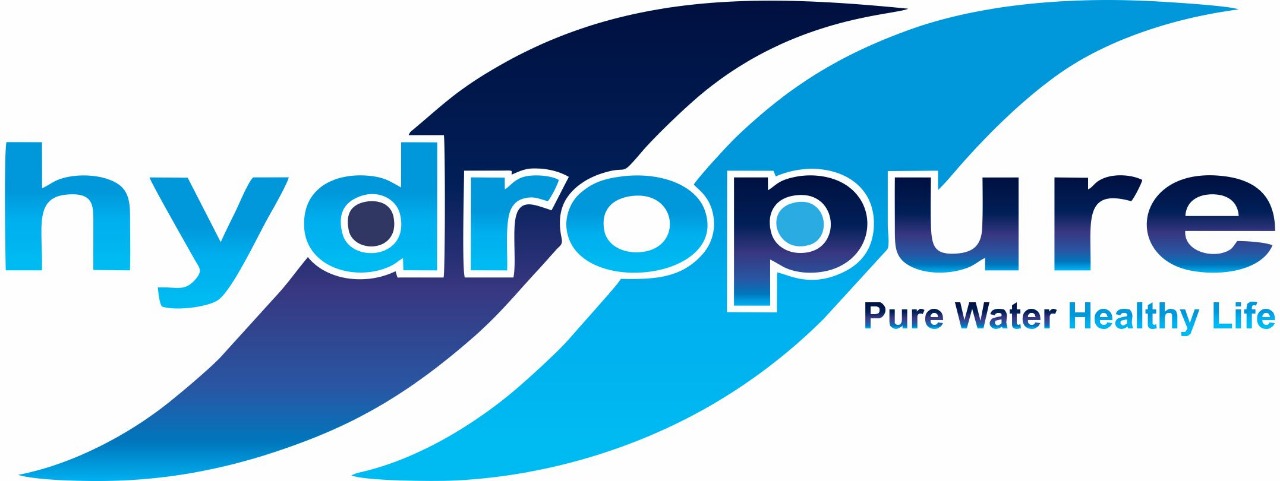WHAT IS RADIOACTIVITY?
Radioactivity, or radioactive decay, is a form of energy that’s released by the decay of the nucleus of an unstable atom. We are exposed to lots of forms of radiation in our daily lives – the light from the sun, for example, is a form of radiation. When we talk about radioactivity, however, we tend to think about things like X-rays, atomic bombs, and nuclear energy. Each of these examples does involve radioactive elements, but so do certain types of rocks naturally found in the soil.
When scientists talk about radioactive decay, they usually focus on alpha, beta, and gamma radiation, although there are additional types of emissions. Alpha particles are typically not considered dangerous unless they are swallowed or inhaled – in which case, they are extremely harmful. Beta radiation can penetrate living tissue and can cause spontaneous mutations in DNA. Gamma rays can cause damage at the cellular level. X-rays, which many people are familiar with, are a type of electromagnetic radiation that typically has a wavelength longer than gamma rays, although there is actually no clear consensus distinguishing these two types of radiation.
DO I HAVE RADIOACTIVE WATER?
It’s actually very common to find low levels of radioactive isotopes in drinking water supplies, and it’s typically nothing to be concerned about. There have been cases, however, in which the level of radioactivity in water has been found to be higher than expected. Certain rock types naturally contain radioactive elements referred to as NORM (Naturally Occurring Radioactive Materials). When a source of drinking water comes in contact with NORM-bearing rocks, radionuclides may accumulate in the water to levels of concern. The predominant radionuclides found in water include radium (and its decay products), thorium (and its decay products), and uranium (and its decay products).
There is no way to know if your water contains any radionuclides without testing it. Municipal water supplies are regularly tested for these radioactive substances, but if you have a private well, you should be testing the water regularly for a range of possible contaminants.
HOW MUCH RADIOACTIVE WATER POLLUTION IS SAFE?
The U.S. Environmental Protection Agency (EPA) set legal limits called “maximum contaminant levels” or MCLs for many different possible water contaminants, including radionuclides. For alpha particles, the MCL is 15 picocuries per Liter (pCi/L); for beta particles, it’s 4 millirems per year. The EPA also sets limits for radium 226 and radium 228 – two isotopes of radium, a highly radioactive element – at 5 pCi/L, and uranium – which is used in nuclear power plants and nuclear weapons, among other things – at 30 micrograms per liter (ug/L).
It’s important to note that, despite these legal limits, the maximum contaminant level goal (MCLG) – the level below which there is no known health risk – is actually zero for all radionuclides. In other words, there is no known level at which the amount of these radioactive substances in water is considered safe.
Cancer is considered by most people to be the main health effect from radiation exposure. When exposed to ionizing radiation, cells can be seriously damaged at the cellular or molecular level. This may cause mutations in the DNA or cause the uncontrolled growth of cells, which is the definition of cancer. The body can sometimes repair mutations in the DNA, but not always – and additional problems can sometimes develop as the body tries to fix itself.
HOW DO I TREAT RADIOACTIVE WATER?
If you are concerned about the levels of radioactivity in your water, then you will need to put a treatment plan into place. Unfortunately, there is no simple answer for removing radiation from the water. In many cases, a combination of treatment methods, including carbon filtration, ion-exchange water softening, and reverse osmosis, is most effective. Call the Certified Water Specialists at US Water Systems at 1-800-608-8792 for assistance. High levels of radiation in water may not be treatable.

